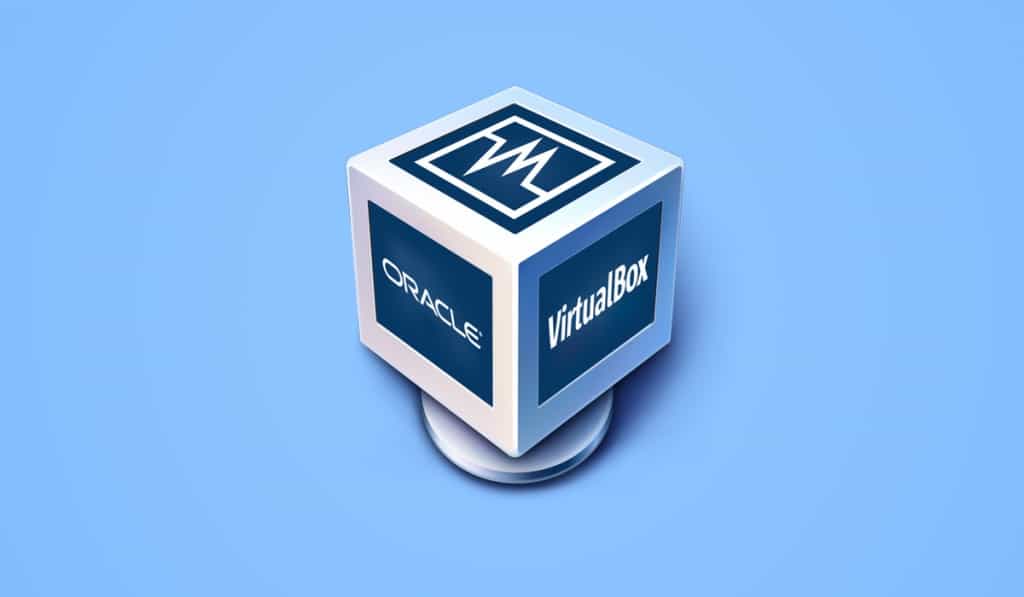Is It Safe to Install VirtualBox?
Many individual users and large companies use VirtualBox for testing software or running applications. But is VirtualBox safe to use, and what are the potential risks?
VirtualBox is a widely used open-source virtualization software developed by Oracle. It’s safe to use on any supported device and isn’t a security threat once installed. However, there are risks of transferring malware to the host system if you aren’t careful, like when using outdated software.
There’s a lot to take into consideration when using VirtualBox on a personal computer or as a large enterprise. Let’s take a look at some of the primary safety concerns as well as the risks you run when using its Extension Pack so you can make an informed decision about installing it.
Is VirtualBox Safe to Use?

VirtualBox is a widely used open-source virtualization software developed by one of the largest software companies, Oracle. The application is used by individuals and enterprises alike.
Generally speaking, VirtualBox is safe to use on any supported device and isn’t a security threat once it’s installed. That being said, there are a few considerations to remember when you use software to create a Virtual Machine (VM).
What Are the Potential Risks of VirtualBox?
When you create a Virtual Machine (VM) with VirtualBox, it’s isolated from the host operating system. Unfortunately, some user behavior can increase the risk of malware to the primary system.
Here are a few of the potential dangers of VirtualBox.
Out-of-Date Virtual Machines
One risk to a VM is outdated software and operating systems, regardless if it’s Windows or macOS. Outdated Virtual Machines have a higher risk of exposure to harmful malware and viruses.
Sometimes, you may not want to update the VM to test specific software versions. However, you should delete or update the Virtual Machine immediately after testing to reduce the risk of malware.
File Sharing Between the Host and VM
File sharing between the host system and Virtual Machine increases the chances for malware to reach your primary computer. Most users don’t install antivirus programs on their VM, making them susceptible to malicious files and downloads.
Transferring files from an unknown source in the Virtual Machine may not be safe.
Using Vulnerable Software
Virtual Machines are primarily used for testing software. Most users test a wide variety of apps they wouldn’t install on their primary system. Some software can contain security risks and vulnerabilities that increase the risk of malware.
The risk of malware infecting your primary system increases if you have file sharing enabled.
Using Outdated VirtualBox Software
Outdated versions of VirtualBox can have a higher risk of bugs and security issues than any other software. Using an out-of-date version of VirtualBox can increase the risk of malware and viruses.
Be sure to update your software as soon as possible if you’re using an outdated version.
The Bigger Risks of VirtualBox
One of the more considerable risks of VirtualBox is for businesses and enterprises that use the software. VirtualBox is an open-source application that’s entirely free unless you have the Extension Pack.
The Extension Pack Requires a License
VirtualBox is offered in three different packages: the Basic Package, Guest Additions, and the Extension Pack. The Extension Pack is the only option that isn’t free and requires a license to use. The Extension Pack includes support, updates, and maintenance from Oracle.
Oracle requires a Personal Use and Evaluation License (PUEL) for the Extension Pack. This means you can only use the Extension Pack on a single host computer for non-commercial purposes. Unfortunately, companies and large enterprises do not fall under non-commercial purposes.
Oracle is Notified of Every VirtualBox Installation
Oracle is notified of every VirtualBox installation and can know exactly which computers in a business have the software installed. If a company or enterprise is out of compliance with the Extension Pack license, it could suffer penalties close to $1,000.
Although this fine can be manageable for larger organizations, it could lead to severe problems down the line.
Oracle Conducts Costly Compliance Audits
Oracle has a reputation for conducting aggressive and costly compliance audits for software licenses. Because Oracle is notified of every VirtualBox installation, they can detect which computers are out of compliance with the Extension Pack license requirements.
If a company isn’t aware of how many machines are out of compliance, it can suffer from hundreds of thousands of dollars in required licenses.
Wrapping Up
VirtualBox by Oracle is a safe-to-use and popular open-source virtualization software. However, there can be higher risks of transferring malware to host systems if users aren’t safe.
Large corporations and enterprises have more considerable risks if they’re not in compliance with Oracle’s licensing requirements.